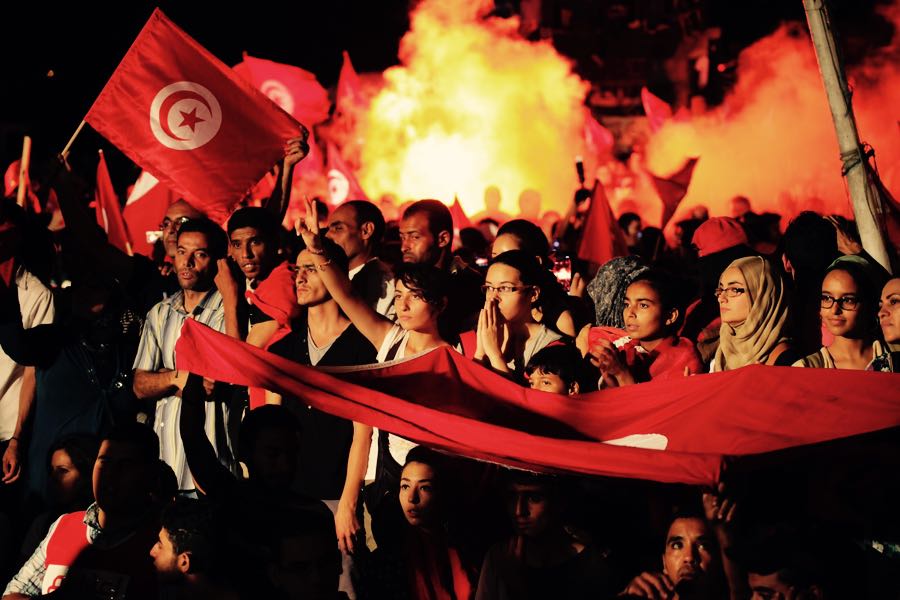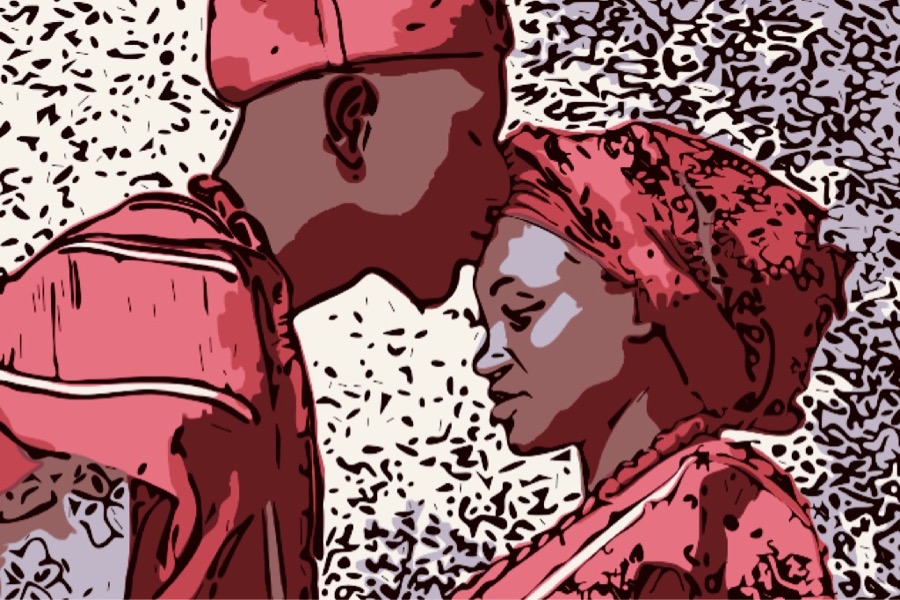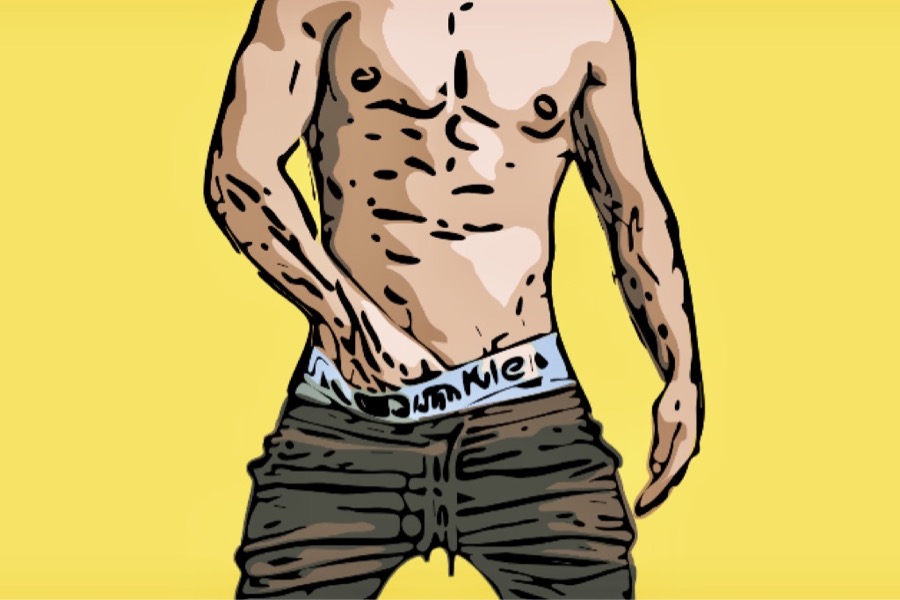Sidi Bouzid, Cairo, Athens, Barcelona, Santiago, Moscow, Tel Aviv, New York, Bucharest, Sofia, Istanbul, São Paulo… Impressive mass protests have characterized the last few months, leaving bewildered even the most skilled analysts: are we facing local storms that will produce puddles that the sun will soon evaporate, or signs of a Deluge that will revolutionize the course of history? There are few certainties: the global economic crisis has shown up the aggressive capitalist model, disinterested in the people and source of deep inequalities, while the new media have shown freedom and rights directly to the subjects of dictatorships and have revealed the limits and formalisms of democracies to their citizens.
For the LGBT movement in some countries these protests have been an important opportunity to include respect for sexual and affective diversity in a different and plural model of future. In other countries, instead, they sound like the last warning: the openness to the world must be real, traditional lobbying is gone beyond, the pretense of impartiality on the other issues discussed in the political arena is absurd and has the opposite effect. On this trip in some places of the global protest that we will conduct this week, we start from where it all started, from a small town in Tunisia, then we will make a stop in Turkey, Bulgaria, Brazil and Russia. We’ll find out big differences and deep similarities, many reasons for concern and endless reasons for hope…
* * *
December 17th, 2010: Mohamed Bouazizi sets himself on fire in Sidi Bouzid, a town in central Tunisia, to protest against the abuses of power and poverty. In a short time, these flames turn a personal tragedy into a popular fire that invests, directly or indirectly, a number of Arab countries. Millions of people take to the streets to demand democracy and work, sometimes paying with their own lives. Some dictators are forced to relinquish power… At the present moment, it seems that only ashes are remaining of those glorious days: the victory of the social and religious conservatism in Tunisia, the corrupt and centralizing government of the Muslim Brotherhood and the coup d’etat in Egypt, the civil war in Syria, Libya reduced to a ghost nation. Isn’t the Arab Spring blossomed, did it become winter, as the newspapers titrate?
“Revolution in Tunisia is a process and we are right in the full revolutionary process” says Paloma Negra, one of the leading exponents of the LGBT Tunisians’s Group. Revolutions were first and foremost a challenge to the unbearable status quo and it was clear from the beginning that the democratic and secular outcome would have arrived after a long and difficult way. The hopes are not dead yet, and are indeed enlivened by constant protests: thousands of people are still asking a participated constituent course, the respect for human rights, the fight against poverty and unemployment (but the Western media can only see the Femen’s protests…). “We still expect difficult days, but that’s the price we have to pay for our freedom. You don’t get rights, such as respect, but you need to tear them away!” says Paloma.
“We partecipate on all fronts of social opposition and resistance to the power, in all the protests,” goes on the activist: “We have relationships with many other movements, including the feminist movement.” In the meanwhile, however, as reported by Il grande colibrì, police has increased arrests of homosexuals and it seems far away the goal of the abrogation of the Article 230 of the Penal Code, which provides for up to three years in prison. On the other hand, that’s just one of the many goals of the LGBT movement: “It would be selfish to think only about our proper rights and we must acknowledge that in the present moment there are priorities, such as social justice and the fight against poverty.”
Paloma continues: “It is obvious for us to combine activism for the LGBT community’s rights with all the other good causes. Our group openly works for a better integration of all marginalized people, for social justice, for the dignity of every human being.” The goals of homosexual activists, in this way, are part of a wider revolutionary program, which helps to form an idea of a future of democracy and secularism that will be hopefully soon realized. The movement is not ashamed of its ideological connotations: “As much as I’ve seen and I have experienced in recent years, I believe that the movement for the rights of LGBT people is left-wing by its nature, without that this prevents some people of the community have different opinions.”
Many observers are sceptical and even many Western LGBT activists turn up their noses: a common argument is that the past secular dictatorships, preventing the rise of Islamic fundamentalism and not referring to sharia, would ensure a greater respect for minorities in general and for the sexual diversity in particular. Even under the regime of the secular Mubarak, however, homosexuals suffered “secular” sentences for Satanism and debauchery… As for Tunisia, “even under Ben Ali’s authority there were big problems for the LGBT community” says Paloma: “The current rulers are strongly hostile to homosexuals, but so were their predecessors.” The concept of “secular dictatorship” is a meaningless oxymoron, a carpet under which unmentionable interests were hidden…
Then, it is no coincidence that many homosexuals protested to overthrow the “secular dictatorship” of Mubarak in Egypt, with greater visibility than what happened in Tunisia, even hypothesizing a Pride in Tahrir Square, the symbol of Spring. In the fighting days, the blog of the LGBT community were transformed into instruments of revolutionary propaganda and even on the encounter websites the photos of semi-naked men or anatomical details have been replaced by images of violence and by calls to action…
In the meanwhile Egypt, dragged to the protest at the beginning by the example of Tunisia, has now become an example for many Tunisians: as the political analyst Youssef Ouaslati said to Reuters, “Tunisia does not seem immune to what happened in Egypt.” And this is even more true for the LGBT community. If in both states the elections were won by Islamist parties, which have shown little capacity to manage the economy and little interest in involving all the forces of society, in Cairo the attempt to centralize power and to impose political Islam on the whole society was definitely more apparent, causing a stronger reaction by the secular forces.
Paloma Negra welcomes the latest political Egyptians developments: “The forces of the Egyptian people, especially young people, have been able to put pressure and in the end they won. The last word is always up to the people in Egypt and the people have said its last word.” The army ousted a democratically elected government, but in the gay activist’s opinion that was not a defeat of democracy: “A true democracy respects and protects all citizens, and is based on the universal principles of human rights. In Egypt they tried to institutionalize a real dictatorship in the name of religion: there is no way to democracy with the anti-democratic people.”
translation by Michele
©2013 Il Grande Colibrì




